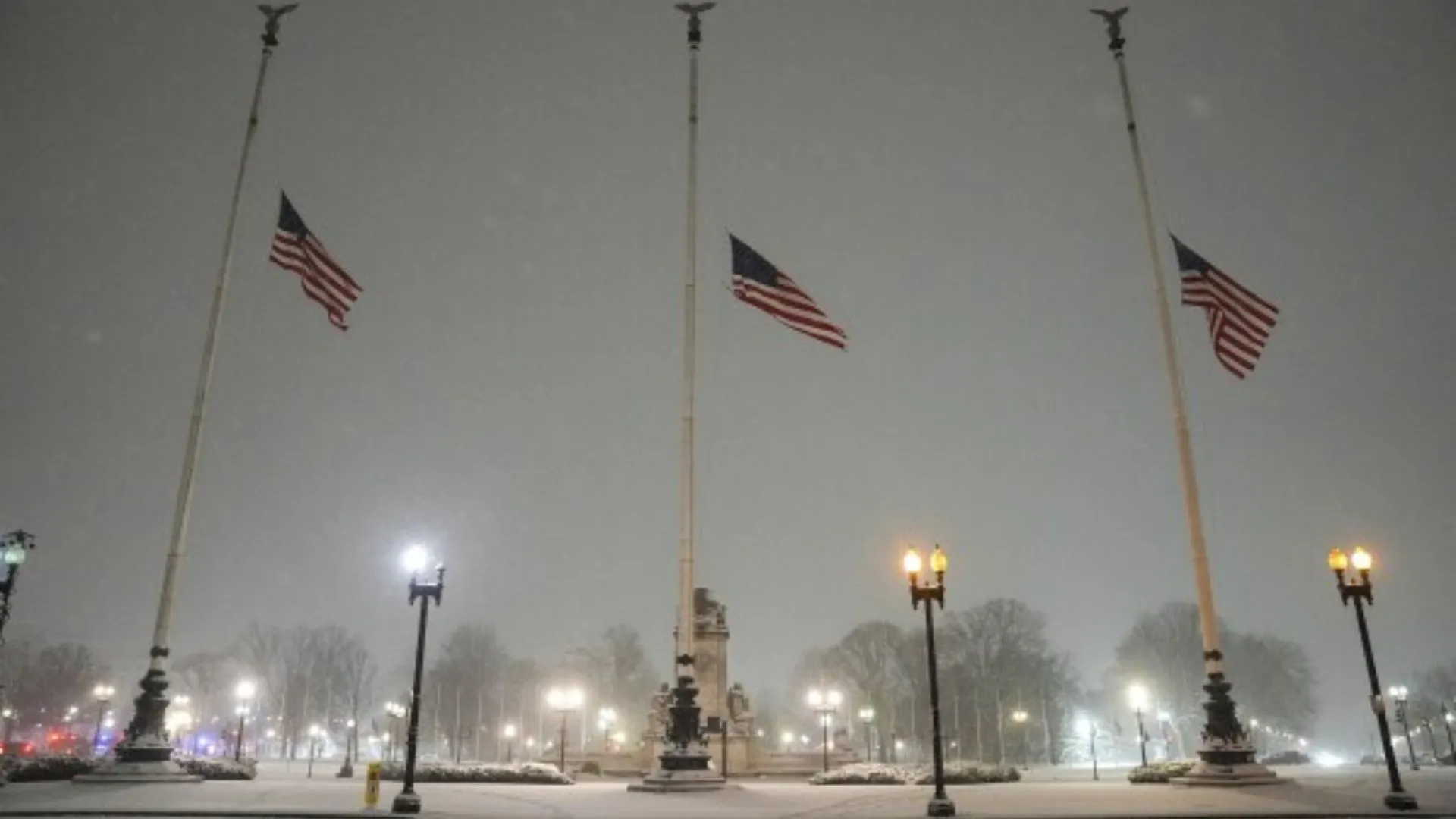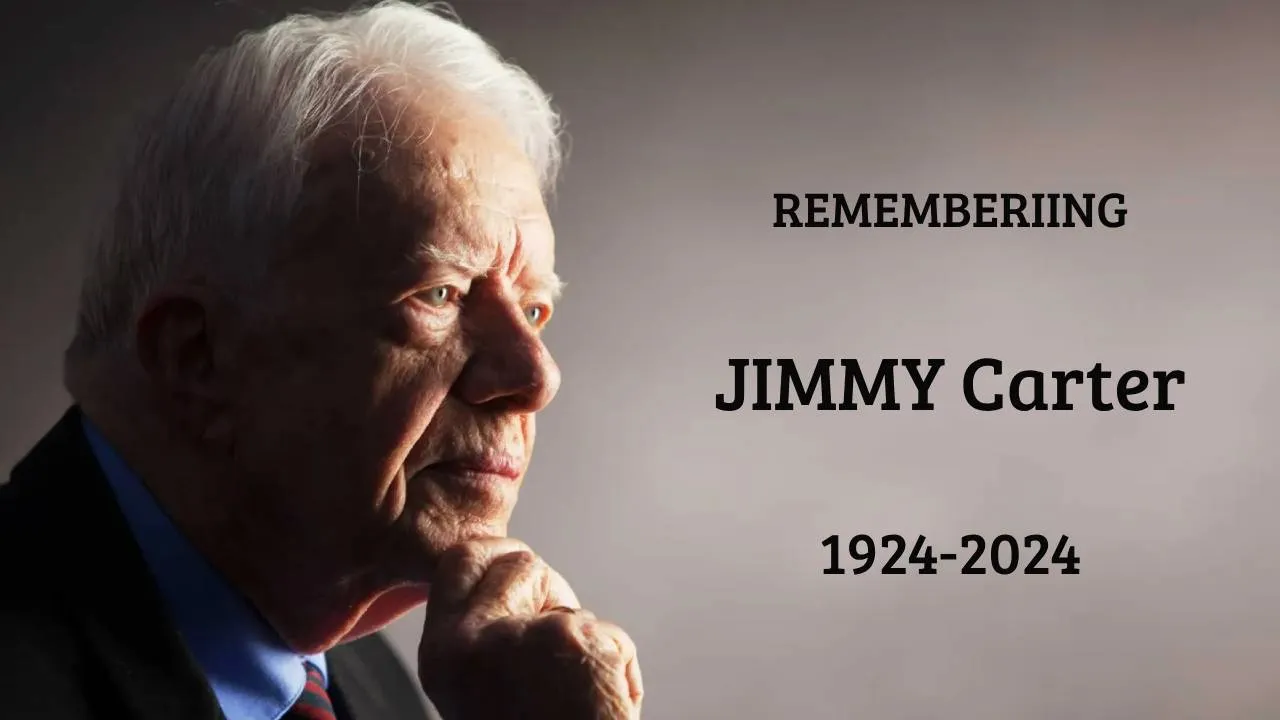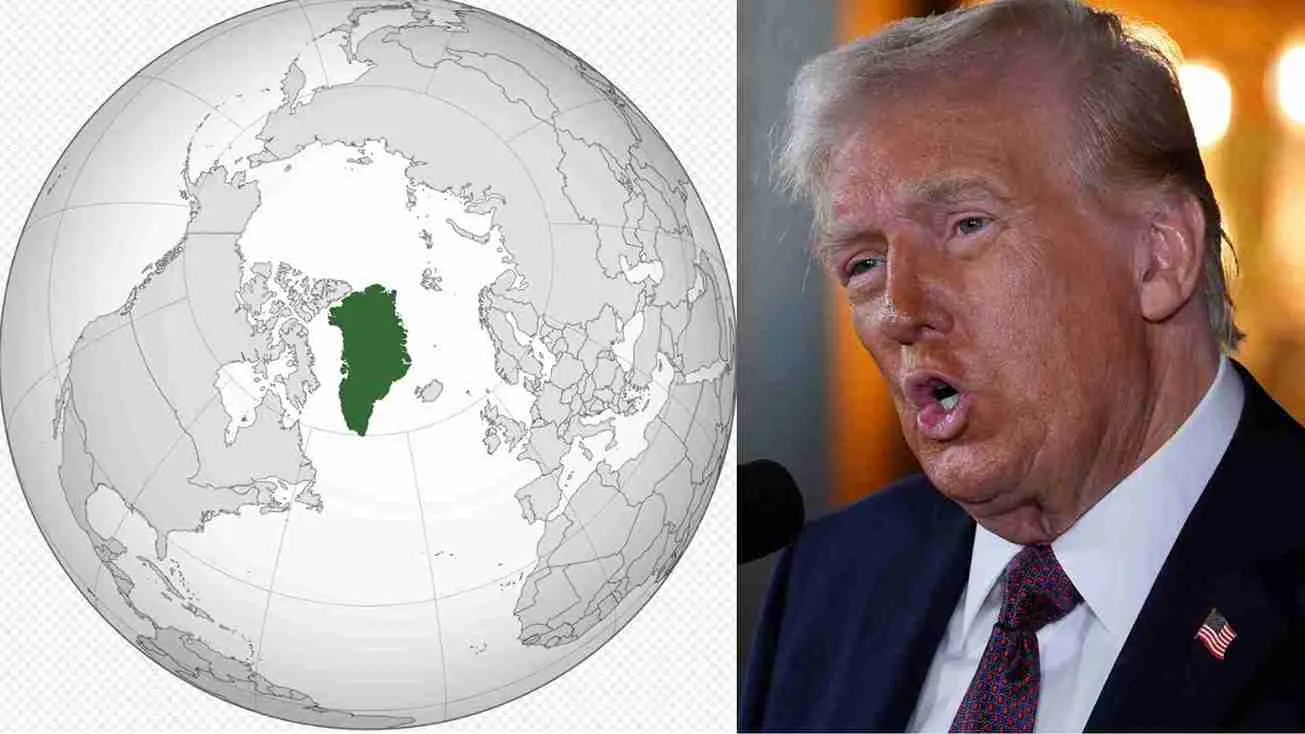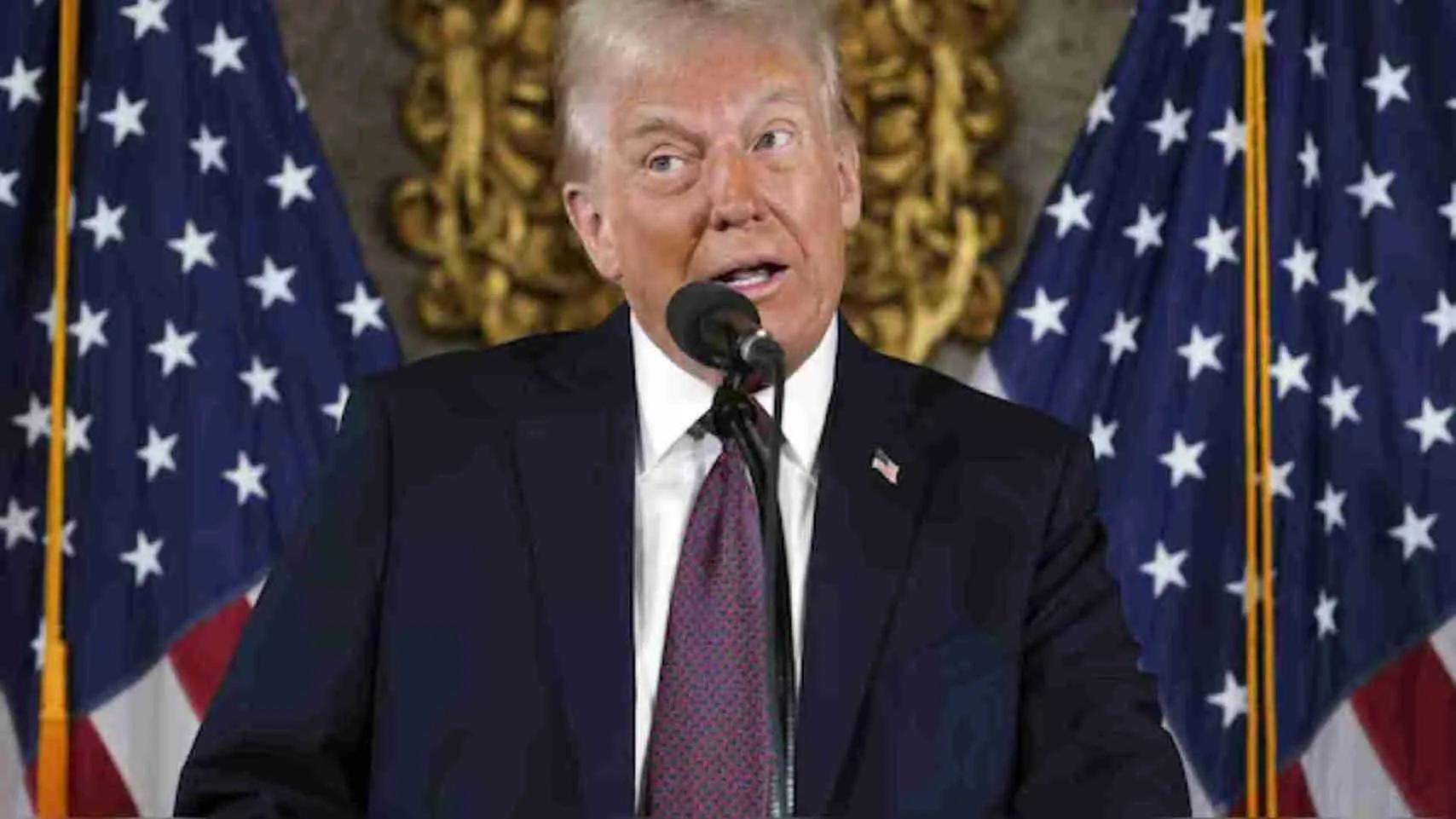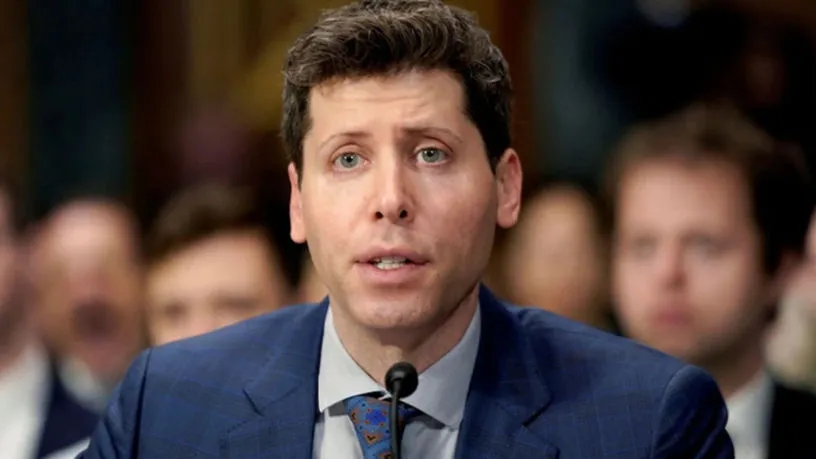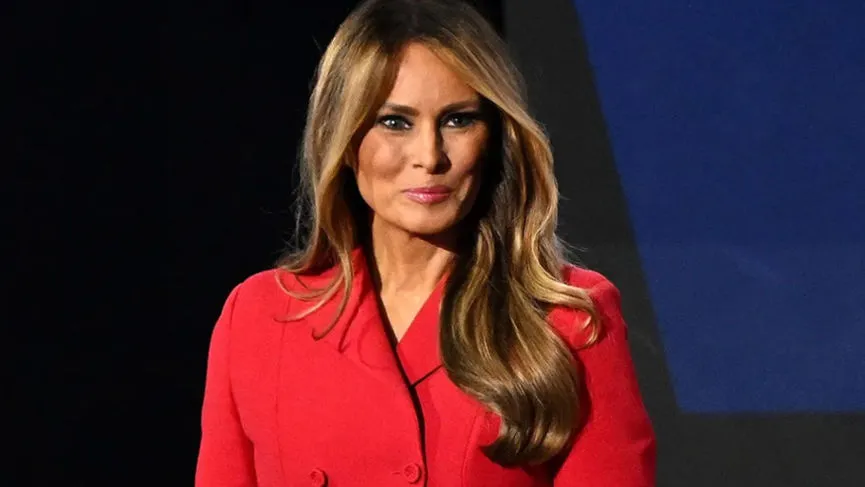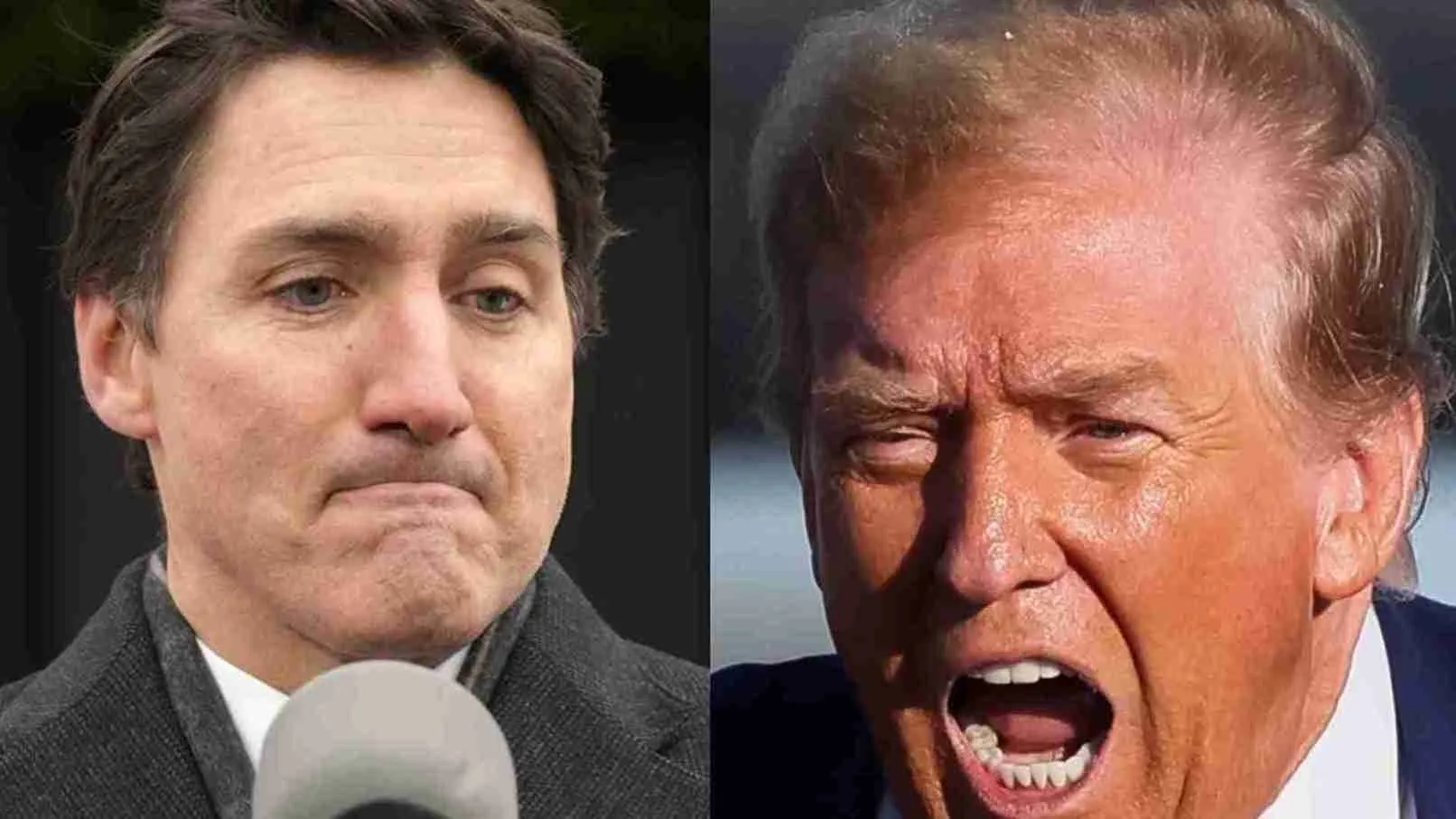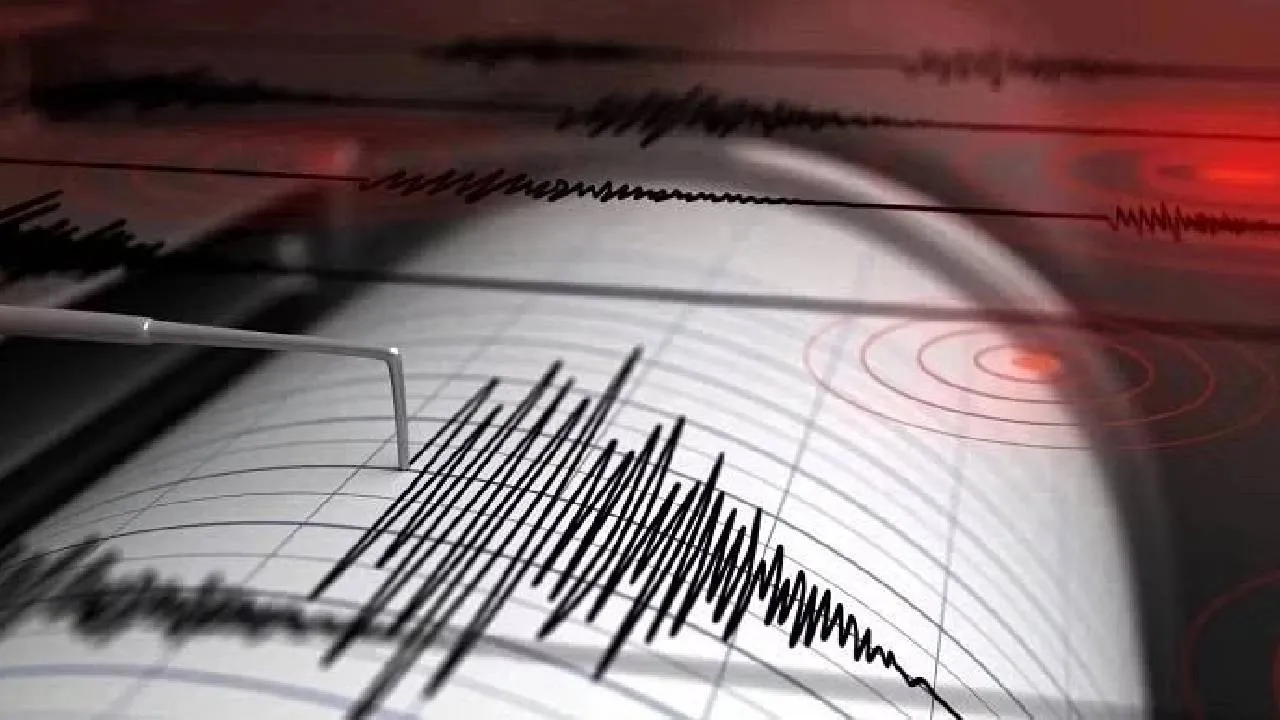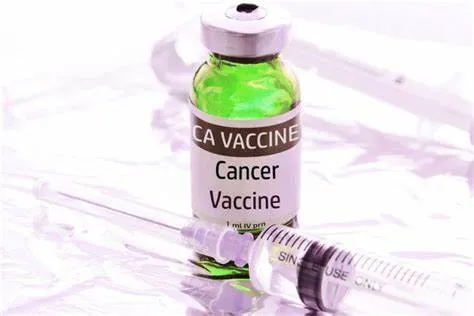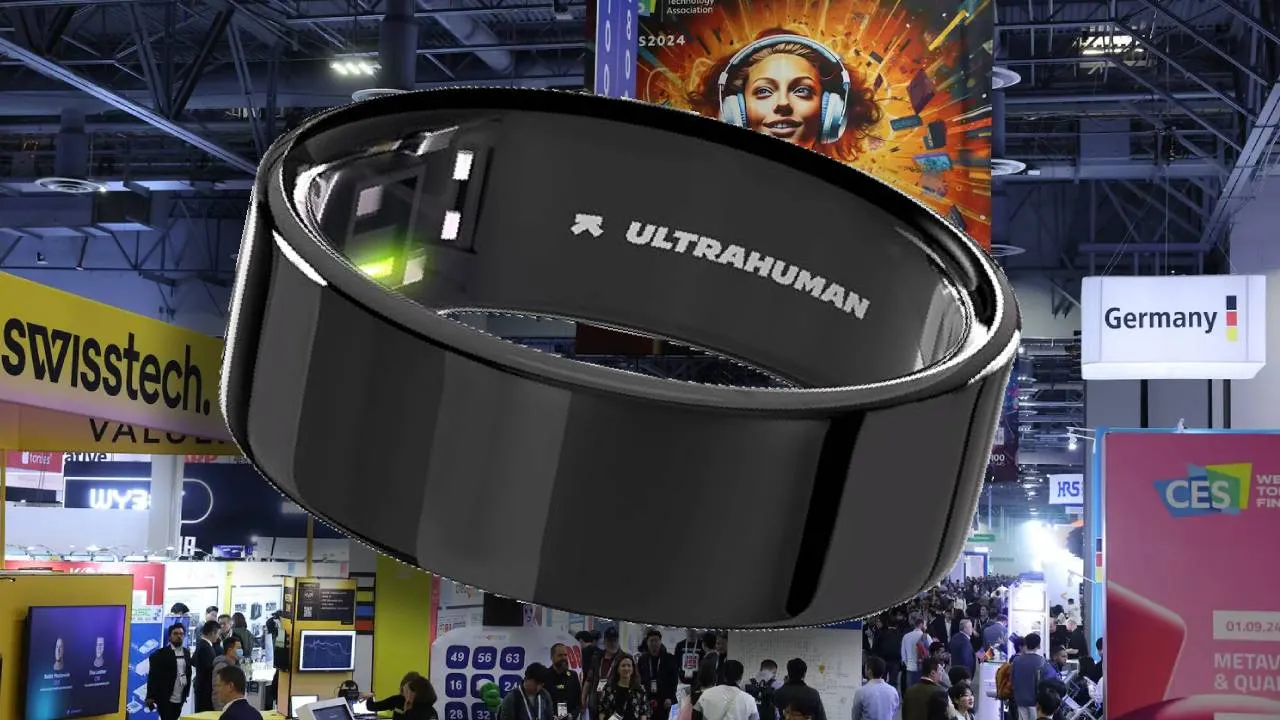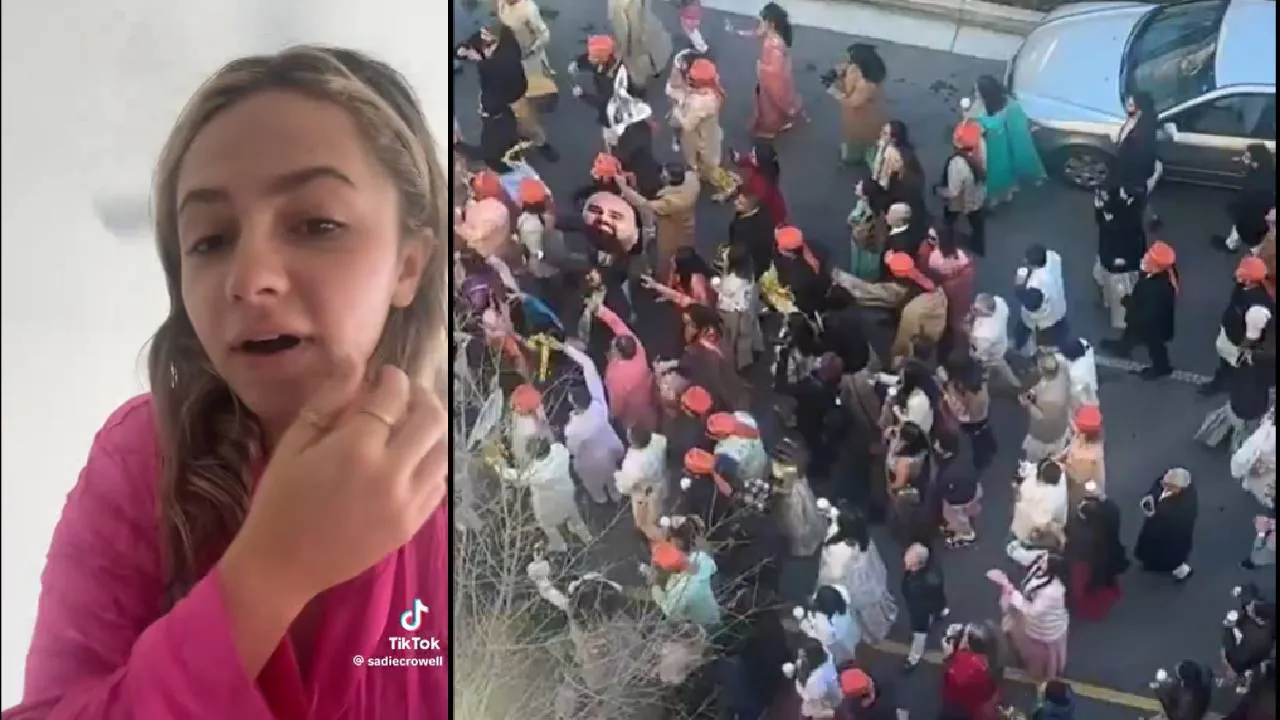The nation’s capital often struggles to handle winter weather. Cold-weather newcomers frequently complain about the inability of local drivers to navigate snowy roads and the tendency of school systems to shut down at the first sign of falling flakes.
Now, Washington’s ceremonial events are colliding with a major snowstorm, forecast to dump up to a foot of snow in some areas by Monday night. The weather adds an unexpected layer of complexity to an already challenging two-week stretch for local officials.
For the first time, the District of Columbia is hosting three designated National Special Security Events (NSSE) within two weeks: Monday’s congressional certification of President-elect Donald Trump’s electoral win, this week’s state funeral for former President Jimmy Carter, and Trump’s inauguration on January 20.
“This has never happened before,” said Matt McCool of the Secret Service’s Washington field office.
NSSE designations are reserved for high-profile events that draw large crowds and potential mass protests, requiring heightened coordination among D.C. officials, the FBI, Secret Service, Capitol Police, and the National Guard. The certification process, which is typically a low-profile affair, was elevated to NSSE status following the chaotic January 6, 2021 riot. This time, the certification proceeded smoothly, albeit under security restrictions akin to those at a presidential State of the Union address.
“The Washington, D.C., area is well-versed in these high-profile events,” McCool said. “Still, back-to-back NSSEs are a unique situation.”
With the certification behind them, officials now turn their attention to this week’s multi-day state funeral proceedings for Carter. The funeral will transition directly into preparations for the January 20 inauguration, with heightened security amid concerns over potential clashes between Trump’s supporters and opponents. An anti-Trump People’s March is scheduled for January 18, followed by a pro-Trump rally on January 19.
“We are committed to upholding the right to peacefully assemble and protest in our city,” said Metropolitan Police Department chief Pamela Smith. “However … we will not tolerate any violence, rioting, destruction of property or any behavior that threatens the safety and security of our city.”
Smith added that she had placed her department “on full activation” starting Sunday, January 5, positioning “additional officers with specialized training that can be deployed anywhere in the District at a moment’s notice.”
McCool also warned residents to expect to see numerous security and surveillance drones in the coming weeks. The District of Columbia is usually a no-fly zone for drones.
The snowstorm has raised concerns about whether it will prevent visitors from coming to Washington to pay their respects to Carter. According to tracking platform FlightAware.com, nearly 900 flights were canceled or delayed on Monday at Reagan National and Dulles International Airports near Washington, D.C. More than 300 flights were also affected at Baltimore-Washington International Airport.
After memorial services in Georgia, Carter’s casket will arrive in Washington on Tuesday, with ceremonies continuing through Thursday. A horse-drawn funeral procession on Tuesday afternoon may recall the chilly November 22, 1963 procession for John F. Kennedy.
While the events are still scheduled, the U.S. Office of Personnel Management announced late Monday that federal offices in the D.C. area would be closed again on Tuesday.
The snowstorm has already led to adjustments in White House procedures: Instead of taking the Marine One helicopter on Monday, President Joe Biden was forced to drive to Joint Base Andrews in Maryland to board Air Force One. In a move reminiscent of secret presidential trips to war zones, Biden’s trip to New Orleans and Los Angeles began in a hangar, not on the tarmac, due to the inclement weather. Air Force One was sheltered from the snow in a secure hangar, and Biden departed during an early afternoon lull in the snowfall.

